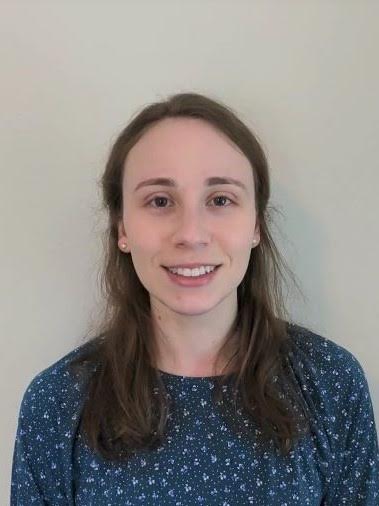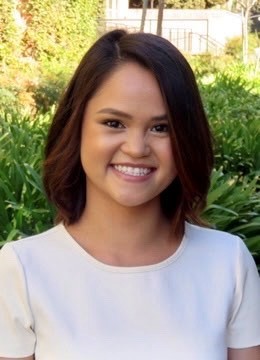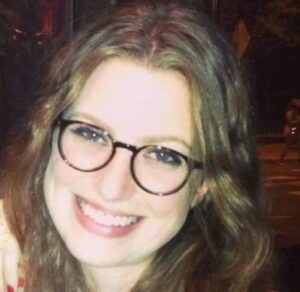Diversity Committee
The CWRU Department of Psychological Sciences Diversity Committee is comprised primarily of doctoral students in psychology who work to welcome, embrace, and promote the diversity of human experiences and cultural and individual differences. Goals of the Diversity Committee are to promote research on diversity, foster recruitment of diverse students and students who are interested in studying diversity, and ensure that coursework, clinical training, and didactics in the department focus on diversity.
Diversity Committee Current Projects
- Creation of a graduate student course reserve library so students can check out books for courses instead of having to buy them; therein, easing the cost of graduate school for students.
- Encouraging faculty teaching undergraduate student courses to put their textbooks on course reserves in the library to provide access to textbooks for impoverished undergraduate students.
- Creation of an online folder of diversity resources (articles on diversity, articles by BIPOC authors, APA Guidelines, etc) for graduate students and faculty.
- Creation of an online workshop to mentor prospective graduate students from underrepresented minority groups, impoverished prospective students, and first generation prospective students who are seeking additional mentorship and guidance about how to gain admission into a clinical psychology Ph.D. program. Check back for information in the next several months!
- Creation of a mentorship program for current CWRU psychology majors who are from underrepresented minority groups, impoverished, and/or are first generation prospective students.
- Current graduate students will be matched to undergraduate students who are seeking guidance and mentorship.
Diversity Committee Faculty Co-Chairs
Amy Przeworski is the co-chair of the diversity committee. She specializes in anxiety and depression in children, adolescents, and adults and is interested in the intersection of cultural factors that may lead to resilience or contribute to the development and maintenance of anxiety and depression. Dr. Przeworski is currently the chair of the Faculty Senate Committee on Minority Affairs. She and students in her lab are currently conducting studies examining the experience of stress and resilience during the coming out process in gay and lesbian individuals, the experience of transgender, gender nonconforming, gender variant, and gender fluid individuals, and cultural and family factors related to anxiety and adaptive functioning in African American children. To learn more about Dr. Przeworski’s lab and research, please visit her lab website.
Sarah Hope Lincoln is co-chair of the Diversity Committee. Sarah Hope’s work focuses on social dysfunction in psychiatric disorders across the lifespan, with a particular emphasis on psychotic disorders. Her work uses neuroimaging techniques to better understand neurobiological processes that support these social processes. Additional Sarah Hope is interested in social determinants of mental health, as social factors (e.g., discrimination) may increase risk for serious mental illness.
Daniella Levine
My research interests focus on examining mechanisms that underlie treatment response and dropout in treatments for traumatic stress. I am also interested in the dissemination and implementation of evidence-based treatments into low-resource community settings.
Hailey Chu
My research is in the development and implementation of evidence-based interventions for anxiety-related difficulties among minority youth. Specifically, identifying and leveraging culturally specific mechanisms that underlie the development of anxiety to inform more individualized and appropriate interventions for youth and their families.

Jill Laquidara
My research interests include psychotic disorders, with a focus on understanding the potential benefits of social support and other intervention strategies. As a clinician in training, I hope to work towards providing effective assessment and treatment by exploring how each person’s individual, family, and cultural backgrounds may impact their experience and their treatment engagement.

Jenna Bagley
My research interests are primarily focused on enhancing treatment access, engagement, and effectiveness for PTSD, depression, and related mental health difficulties, and I believe that progress in these areas requires particular attention to intersectional sociocultural and identity-related considerations. As a clinician in training, I strive to provide culturally competent and inclusive care, which I believe is crucial for treatment success. Relatedly, I am an advocate for the representation and cultivation of diverse perspectives among professionals across the field of clinical psychology.
As a scientist practitioner, I value the role diversity plays in both research outcomes as well as clinical progress. I strive to consistently improve my clinical competency in addressing multicultural topics and issues relating to identity in all of my work. I am particularly interested in the intersection of different identities and how personal experiences influence mental health symptoms.
Broadly, I am interested in exploring the effects of attentional and behavioral factors on the development of anxiety, and how these effects may vary or be moderated by inclusion in sexual, racial, and ethnic groups who commonly feel the distinct and profound effects of social, economic, and political marginalization. Additionally, I am interested in exploring buffering factors that may contribute to resilience and coping in minority individuals.
As a training clinician in the field of developmental psychopathology, a commitment to diverse and culturally competent practices is essential to me. My research is focused on working with individuals with neurodevelopmental disorders, and I feel passionate about increasing the accessibility of evidence-based clinical research opportunities to people from all backgrounds, by creating assessments and interventions that are easily disseminated and translated into the community. Specifically, I work on developing and implementing play-based interventions for children with autism and related disorders via telehealth practices.
As a researcher, I am primarily interested in exploring the impacts of religious, spiritual, and supernatural beliefs on mental health and wellbeing. As a clinician in training, I am committed to ensuring the protection and acceptance of religious diversity in and outside of the therapeutic space. I strive to remain culturally humble and deeply curious about the lived experiences of others throughout both my personal and professional lives.
My primary research interests involve exploring the factors that contribute to anxiety and depression in members of stigmatized and underserved populations, particularly racial/ethnic minority and LGBTQ individuals. It is my ultimate goal to increase understanding of the unique and intersectional experiences of individuals from diverse backgrounds in order to more effectively tailor interventions and improve access to treatment.
Clinically, I am interested in working with minority and underserved child and family populations. My research is focused on optimizing and improving evidence-based treatment for child anxiety in minority and underserved populations, as well as in increasing access to these treatments.
I believe that engaging in and remaining curious about the experiences of others, as well as my own, are crucial in fostering a healthy and vibrant work environment. Clinically, I continue to work toward an attitude of cultural humility when working with clients. In my research, I am interested in how mental illness, and specifically suicidality, is influenced by an individual’s age and life stage, and more generally, their socio-cultural context.
Have a question for us or interested in contacting us? Please email us at PSSCdiversitycommittee@gmail.com.











